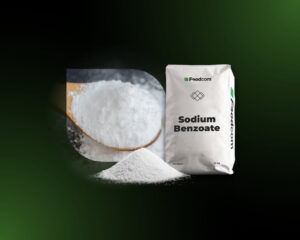- This year’s heatwave resulted in record-breaking temperatures in southern Europe.
- Many cereal and vegetable crops have been damaged, especially in the Balkans.
- In addition, the high temperatures are causing increased expenses for crop irrigation.
- The grape harvest had to start earlier and was smaller than expected, but the quality of the wine produced from it is expected to be exceptionally good.
Heat waves destroy Balkan farmers’ crops
This year has been a record year for temperatures, especially in southern Europe. The Balkans is reporting one of the hottest summers on record, with heat waves, irregular rainfall and temperatures above 40॰C. Not only did the heat bother residents, straining power grids and water reserves, but it also destroyed a large part of the crops, leading to crop failure. Crops of maize, soya, sunflowers and some vegetables have suffered. In Bosnia, the drought could reduce maize yields by up to half.
Countries such as Serbia, where agriculture accounts for 6% of the national GDP, could be particularly affected. The country has usually been able to count on abundant rainfall, making it necessary to irrigate only 1.4% of agricultural land, in relation to the global average of 17%. This year’s drought and the problem of access to water have resulted in a significant loss of agricultural income, with an estimated loss of around €500 million this year.
Climate change is not without its impact on viticulture
Due to the heat in both the Balkans and Italy, grape harvests have started up to a month earlier – as early as August. They may also be more staggered. Nowadays, many growers choose to carry out the harvest at night, as the grapes start to ferment quickly during the hot weather. In the Balkans, it is estimated that the heat can reduce the grape yield by up to 30%, but the quality of the harvest will be better. This is because the high temperatures have affected the increased sweetness of the grapes, which translates into more efficient alcohol production and tastier wine. In southern Italy, the heat has also influenced the crop’s increased resistance to the powdery mildew that decimated the harvest last year. In the northern part of the country, the situation is worse, with unpredictable downpours and hail storms hitting the vineyards, hampering both farming and harvesting.






